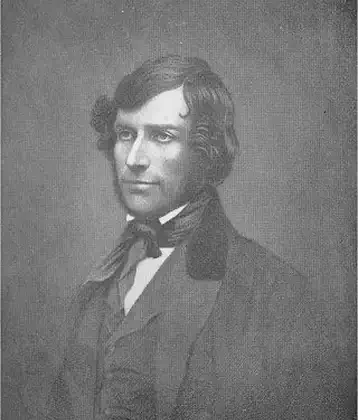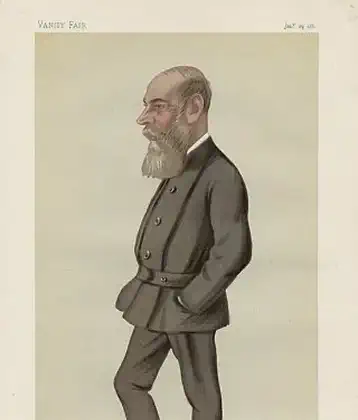On March 12, 1685 in Celtic History
George berkeley, irish philosopher and anglican bishop, born

George Berkeley, a renowned Irish philosopher and Anglican bishop, was born on March 12, 1685, in County Kilkenny, Ireland. He became one of the most influential philosophers of the early modern period, best known for his theory of immaterialism, later referred to as “idealism.” This theory posits that objects outside the mind do not exist independently of perception; in other words, “to be is to be perceived.”
Berkeley’s philosophical work is often summarized by the famous dictum “esse est percipi” (to be is to be perceived). He argued against the materialist world view of his time, proposing instead that the physical world exists only in the experiences minds have of it. Berkeley’s ideas were revolutionary, challenging the foundations of the science and philosophy of his day by denying the existence of matter as a substance independent of the mind.
Apart from his contributions to philosophy, Berkeley was also an Anglican bishop. He was appointed Bishop of Cloyne in Ireland in 1734, where he served until his death in 1753. During his time in Cloyne, Berkeley continued to write on philosophy, religion, and social welfare, including his work on the health benefits of tar water, which he detailed in his publication “Siris.”
Berkeley’s influence extends beyond philosophy into economics, psychology, and the philosophy of science. His ideas about perception, the nature of reality, and the importance of language in shaping our understanding of the world have had a lasting impact on various fields of study. Berkeley’s legacy is celebrated for its depth and originality, securing his place as a significant figure in the history of Western philosophy.
More From This Day

Billy Fox, Prostestant Irish Nationalist senator from Monaghan, assassinated
March 12, 1974

MP for Tipperary, John Mitchel is re-elected on this date, dies eight days later
March 12, 1875




